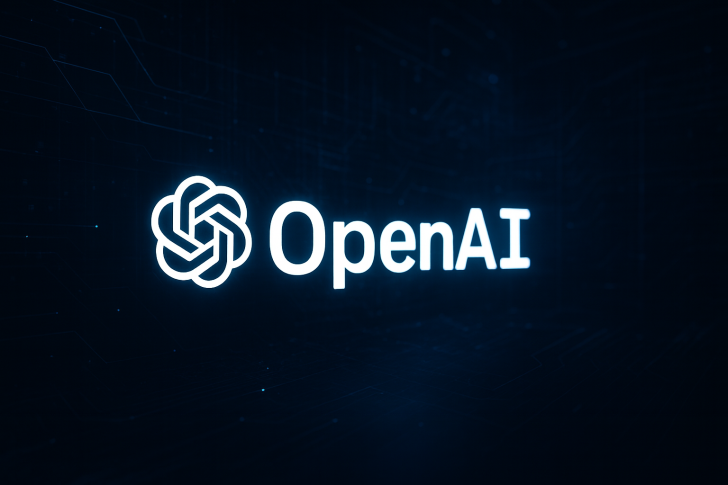OpenAI's DevDay 2025 marked a pivotal moment in the company's evolution from AI model provider to comprehensive platform ecosystem. The San Francisco event showcased impressive growth metrics alongside groundbreaking tools that promise to reshape how developers, businesses, and millions of users interact with artificial intelligence.
Record-Breaking Adoption Numbers
According to trader Wezley Kibz and other industry observers, the growth figures are remarkable.
ChatGPT now serves over 800 million weekly users, processes more than 6 billion tokens every minute, and OpenAI projects crossing the 1 billion user milestone before 2025 ends. This growth places ChatGPT among the fastest-adopted consumer technologies in history.
Apps SDK Transforms ChatGPT Into a Platform
The Apps SDK announcement represents a major shift in ChatGPT's capabilities. Developers can now build fully functional applications directly inside ChatGPT. Early partners including Canva, Zillow, Coursera, and Figma are already integrating their services, while OpenAI promises a dedicated app store and monetization features soon. This transforms ChatGPT from a conversational tool into a genuine application platform.
AgentKit and Developer Tools
The AgentKit toolkit simplifies creating and deploying autonomous AI agents through integrated components: Agent Builder for drag-and-drop workflow design, ChatKit for ready-made chat interfaces, Evals for testing and performance measurement, and Connectors for live integrations with external apps and databases.
This lowers technical barriers and makes the AI agent economy more accessible to developers. The general release of GPT-5 Codex brings OpenAI's most advanced coding model to a wider audience with native Slack support for team collaboration, a comprehensive developer SDK, and enterprise-grade analytics with granular controls.
OpenAI's API offerings now span a wider range of use cases and price points. GPT-5 Pro delivers premium performance at $15 per million input tokens and $120 per million output tokens, designed for applications demanding maximum capability. GPT-Realtime-Mini costs 70% less than previous real-time models, making live voice applications more accessible. Sora 2 introduces multimodal generation with audio synthesis, remix controls, and adjustable duration settings, expanding creative possibilities.
What This Means for the AI Landscape
DevDay 2025 signals OpenAI's strategic pivot toward ecosystem building rather than just model development. Developers gain sophisticated tools that were previously out of reach, enterprises receive the scalability and security controls they need for deployment, and everyday users experience richer, more capable interactions through integrated apps and intelligent agents. The company is clearly positioning itself as the central hub for the next generation of AI-powered products and services.
 Peter Smith
Peter Smith

 Peter Smith
Peter Smith


